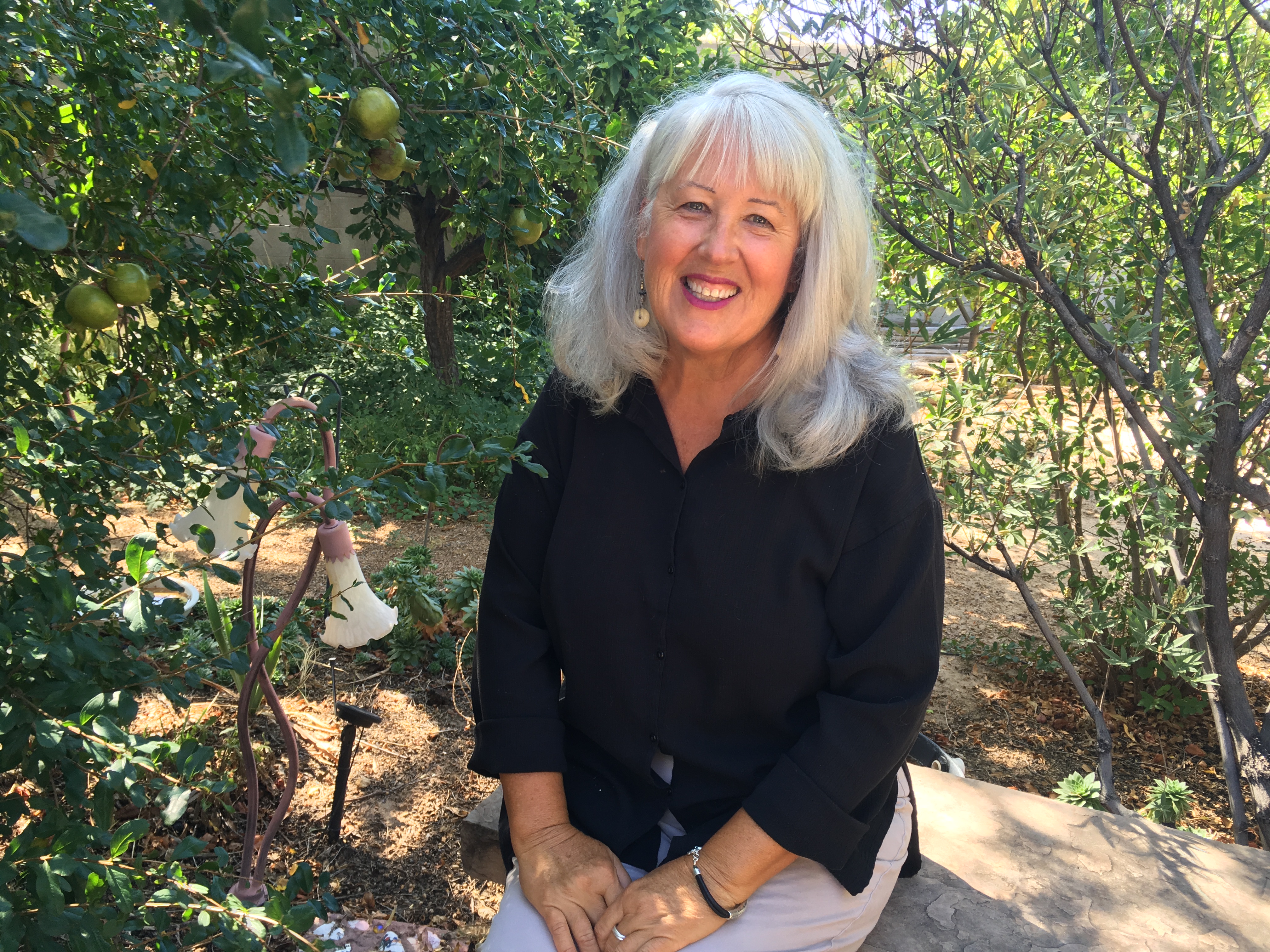5 Questions with Distinguished Alum Liza Nagel

Liza Nagel (Child Development, ’80) is a former educator, having taught for 15 years at the University of New Mexico. The classes she taught—always around the topics of health behavior, human sexuality, substance abuse, and stress management—were incredibly rewarding and enriching, with the topics lending themselves to an engaging learning environment. While she spent some time on the administrative side of higher education, her passion remains in teaching and advocacy for lifelong learning. Nagel is one of eight distinguished alumni to be honored by the University this fall, and she spoke with us to reflect on her success, her career, and her Chico Experience.
Why did you choose Chico State?
I grew up in Healdsburg, and after my father took a job at Washington State University, we moved to Eastern Washington. I left a high school that I loved, and I was miserable [at the new high school]. I attended Washington State University, and after two years there, I was invited to take a leave when I had a 1.8 grade point average. A faculty member at Washington State recommended I think about trying Chico State. I didn’t know anything about Chico, so I drove down in my Dodge Colt with all of my worldly possessions. I didn’t even know if I was going to be able to afford school at Chico State. When I got to Chico, I did really well. It was so casual, I loved it. There was nothing pretentious about Chico, and there was something very welcoming about the town. And you couldn’t beat the weather. There was so much to do outdoors, going to the river, Bidwell Park. There was a real sense of the community, and the faculty, generally speaking, were very embracing.
How did Chico State foster interest in your future teaching career?
I was very lucky to meet up with students who were equally passionate about learning, and we would read each other’s papers and provide feedback in a dynamic process. It helped prepare me to become a professor. It’s not about teaching but about passing along scholarship. That was fostered at Chico State. It was very collaborative environment. We critiqued each other’s work, which helped refine my organization and arguments in papers. As far as faculty, “Human Physiology” was a class I was so fearful of taking, and it was probably the class I got the worst grade in, but the professor made it very engaging. My professor in a human sexuality class, she was the first who really worked to make me accountable. There were those who taught me content very well, and there were those who mentored me to be professional.
If you assert yourself, if you take risks, you find opportunity that you didn’t anticipate. I would say my career unfolded, rather than was created. I learned real quickly that teaching stretched me. I taught preschool and earned a child development degree. I really loved teaching, and learned ways to teach in preschool that you could also use in college. I never thought it would translate so easily to teaching college. Students want to learn through self-discovery, whether they’re 4 years old or 24 years old. It just felt natural for me.
What did you find rewarding about teaching?
I was on faculty at the University of New Mexico for about 15 years, and during that time I taught health behavior classes, the high risk behaviors, sexuality, substance abuse, and stress management. Students come in thinking they know the topic, and they find it’s more complex than they thought it would be. I had great fun teaching those courses. I created a safe space so we could give the students room to be honest and to learn freely.
Mentoring my graduate students was most rewarding. I enjoyed mentoring undergraduates, as well, but you have a more intimate relationship with grad students. After a while, the reputation came out that Nagel had high expectations, but she was fair. I thought, “Shoot, that was better than what I was going for.” Certain students would gravitate toward me who wanted to be challenged, adhere to timelines, and work hard. Students continue to want to be mentored by me, not because I’m so historically important to them, but grad school can only prepare you for so much, and you’re a lifelong learner.
Why is higher education so important to you?
We’re living through a critical time where the value of intellectualism is being threatened daily, where fact seems to have no value. And this is a time when we have to make relevant the pursuit of understanding. I find it dispiriting that we, as educators, have to be the champion for fact. I hope that at some point in my life that the United States remember the value of higher education and go back to supporting it financially the way they once did. The federal government isn’t going to do it, and students shouldn’t be burdened with lifelong debt.
I think we have to start asking the hard questions about what we can do as teachers to make our classrooms more inclusive. When we have different lenses viewing a problem, we come up with a richer set of responses. When we have the same or similar lenses looking at a problem, we come up with the old answers. And if our goal in education is to stretch ourselves and our thinking, we have to have multiple viewpoints. It challenges our thinking.
What kind of advice would you give your graduating self?
Trust yourself, trust that opportunities will always be there for those who work hard. Growth is an opportunity, not a failure. Give yourself a break, you have a whole lifetime to create this career.


